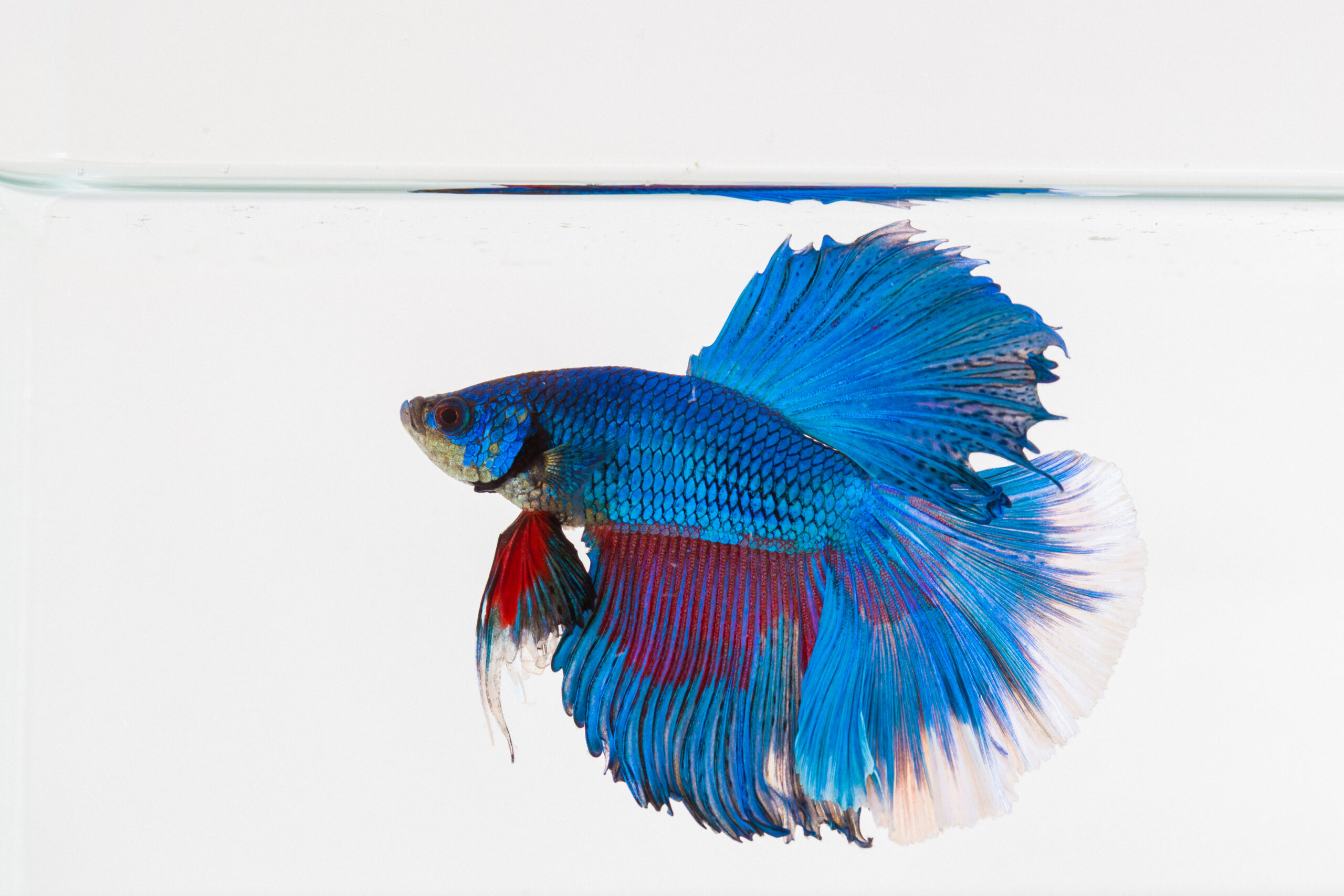The Ultimate Guide to Betta Fish Treatment: Crucial Tips for Keeping a Healthy And Balanced and Flourishing Fish Tank Environment
Effective Betta fish treatment necessitates a comprehensive understanding of their unique ecological and physiological needs. Developing a suitable fish tank starts with selecting the right storage tank size and making sure optimal water problems, which are vital for the health and wellness of your Betta.
Selecting the Right Storage Tank
Selecting the suitable tank for your Betta fish is essential to ensuring its wellness and health. Bettas grow in settings that mimic their all-natural habitats, which typically include calm, cozy waters. A storage tank size of a minimum of 5 gallons is recommended to supply ample swimming area, as smaller sized tanks can result in stress and health problems for these vivid fish.
When choosing a tank, think about the container's form and filtration system. A rectangle-shaped container is more effective to a dish, as it offers a lot more surface for oxygen exchange. In addition, a reputable purification system is necessary to preserve water quality and decrease the regularity of water modifications (betta fish). Nonetheless, it is essential to pick a filter with a mild flow, as Bettas are not solid swimmers and might resist strong currents.
Temperature law is an additional crucial aspect; Bettas choose water temperatures in between 76 ° F and 82 ° F. Investing in a good heating system will guarantee that the water remains within this array, advertising a healthy and active way of living for your Betta. Last but not least, offering appropriate container decors and hiding spots will certainly help in reducing anxiety and motivate natural actions, even more enhancing your Betta's health.
Keeping Water Top Quality
Keeping optimum water high quality is necessary for the wellness and long life of Betta fish. This requires regular surveillance of various specifications, consisting of temperature, pH, ammonia, nitrite, and nitrate degrees. Bettas grow in temperature levels in between 76 ° F and 82 ° F, so maintaining a secure temperature is important. Sudden changes can result in tension and disease.
Regular testing utilizing a dependable water screening kit can assist guarantee these specifications stay within the appropriate varieties. Ammonia and nitrite levels need to always be at 0 ppm, as even reduced focus can be toxic to Betta fish.
Regular water modifications are important to maintaining water high quality. Additionally, including a durable filtering system can help in maintaining water clearness and quality, giving a healthier environment for your Betta fish.
Suitable Feeding Practices
Giving a balanced diet regimen is critical for the health and wellness and vivid coloration of Betta fish, as their dietary needs play a substantial duty in their overall well-being. Betta fish are meat-eating by nature, requiring a diet regimen high in protein. A combination of high-quality pellets, frozen or real-time foods such as bloodworms, brine shrimp, and daphnia can give the vital nutrients they require.
Feed your Betta fish a couple of times a day, providing just what they can consume within 2 to three minutes to prevent overfeeding and preserve water quality. Overfeeding can cause obesity and wellness issues, consisting of swim bladder condition. It is necessary to monitor their nutritional intake and change portion dimensions as necessary.
In look at this web-site enhancement to protein, a balanced see page diet needs to consist of vitamins and minerals to promote optimum health and wellness. Think about supplementing their diet with premium flakes or pellets especially created for Betta fish, as these typically have needed additives.

Creating a Suitable Habitat

Water top quality is paramount; preserve a temperature level in between 76 ° F and 82 ° F, and ensure the pH level varies from 6 - betta fish.5 to 7.5. Normal water changes of 25-50% each week will certainly aid keep contaminants at bay and make sure a stable environment
Incorporating plants and concealing places is essential, as Betta fish are naturally territorial and take pleasure in having locations to discover and retreat. Live or silk plants, together with caverns and accessories, can develop a revitalizing environment.

Routine Health Checkups
Conducting normal health and wellness appointments is important for ensuring the health of Betta fish, as early detection of potential concerns can avoid serious health issue. These appointments ought to encompass a comprehensive evaluation of the fish's physical problem, behavior, and ecological elements.
Begin by observing the Betta fish for any kind of indications of distress, such as lethargy, loss of cravings, or uncommon swimming patterns. In addition, examine the fins and body for indicators of staining, sores, or fin rot, which can suggest infections or bloodsuckers. Frequently keeping track of the you could try here water high quality in the fish tank is equally important; criteria such as pH, ammonia, nitrite, and nitrate levels ought to be kept within optimum ranges to stop stress and anxiety and illness.
Furthermore, think about preserving a log of wellness monitorings and water top quality tests. This record can help with the recognition of fads or reoccuring issues. If any abnormalities are discovered throughout the appointment, it is necessary to seek advice from a vet experienced in water pets. Prompt intervention can make a considerable distinction in the healing of your Betta fish, making sure a lengthy and healthy and balanced life in a well-kept aquarium atmosphere.
Final Thought
In conclusion, effective Betta fish care pivots on developing and keeping an ideal aquarium setting. By complying with these standards, aquarists can promote the well-being and vibrancy of Betta fish, inevitably resulting in a growing water community.